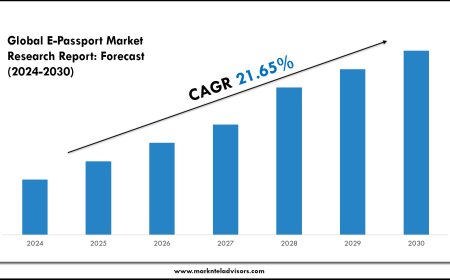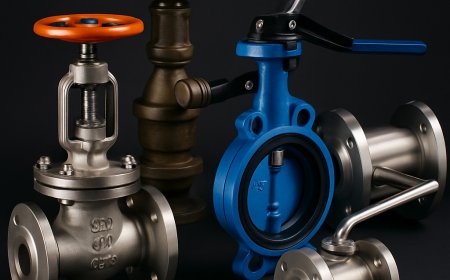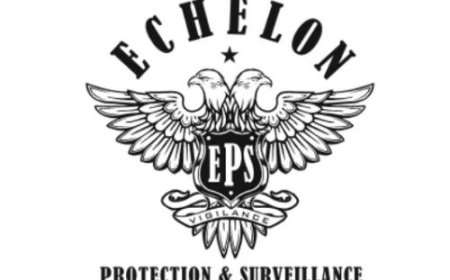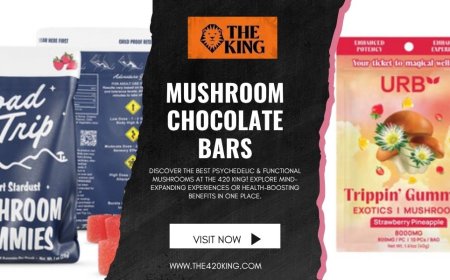Trucking TMS & UIIA: What You Need to Know About Insurance Compliance
Trucking TMS & UIIA: What You Need to Know About Insurance Compliance. Manage your fleet like a pro with FleetSleek—trucking CRM designed for dispatch.

For trucking companies that operate in intermodal transport, compliance with the Uniform Intermodal Interchange and Facilities Access Agreement (UIIA) is a must. It ensures that carriers can legally pick up and deliver containers at ports, terminals, and rail yards.
At the heart of UIIA compliance lies one of the most overlooked yet critical componentsinsurance documentation. And with the growing complexity of compliance, many trucking businesses are now turning to Trucking Management Systems (TMS) to help them stay organized, up-to-date, and fully compliant.
In this article, well explain the core UIIA insurance requirements, the risks of non-compliance, and how integrating your trucking operations with a smart TMS platform can keep your business running smoothly.
What Is UIIA and Why Does It Matter?
The UIIA, managed by the Intermodal Association of North America (IANA), is a standard agreement that facilitates the interchange of equipment (like containers and chassis) between motor carriers and equipment providers (EPs). This agreement includes detailed insurance rules that every carrier must follow to be authorized to operate in the intermodal network.
Without active UIIA participation, your company trucking software for small fleets cannot legally enter certain ports or rail yardspotentially losing access to major freight opportunities.
UIIA Insurance Requirements for Carriers
To be considered compliant under UIIA, carriers must provide valid proof of several insurance policies. These documents must be submitted directly by your insurer to IANA and meet all specified coverage limits.
1. Automobile Liability Insurance
-
Minimum coverage: $1,000,000
-
Covers third-party injury or property damage resulting from truck accidents.
2. General Liability Insurance
-
Minimum coverage: $1,000,000 per occurrence
-
Protects against injury or damage not related to truck operationslike incidents at terminals.
3. Trailer Interchange Insurance
-
Required when using equipment owned by EPs.
-
Covers physical damage to interchanged containers or chassis.
-
Typical coverage ranges from $20,000 to $50,000 per unit.
4. Cargo Insurance (optional under UIIA)
-
While not required for UIIA, it is often a necessity for doing business with shippers and brokers.
Your insurance must also meet the specific wording and policy requirements outlined by each equipment provider. Even a small mismatch on your Certificate of Insurance (COI) can lead to denied access or delays in freight movement.
The Risks of Poor UIIA Insurance Management
Missing or incorrect insurance documentation can have serious consequences:
-
UIIA deactivation, preventing port/terminal access
-
Freight delays and missed deliveries
-
Increased risk of audits or fines
-
Damaged business reputation with EPs and clients
In short, if your UIIA status is not active and accurate, your trucks wont moveno matter how ready they are.
How a TMS Simplifies UIIA Insurance Compliance
A modern Trucking Management System (TMS) is more than just a dispatching tool. It can help you automate and manage UIIA insurance compliance with ease:
Policy Tracking & Alerts
Get automatic alerts when insurance policies are about to expire, giving you time to renew and avoid lapses.
Document Storage & Access
Upload, store, and manage all your COIs, endorsements, and related documents in one central place.
Equipment Provider Requirement Matching
TMS platforms can help verify if your policies meet the specific insurance requirements of each EP you work with.
Audit-Ready Reports
Generate instant reports showing your current insurance coverage and submission history for internal audits or claims.
Compliance Dashboard
Visual tools show the current status of all your trucks, policies, and COIs so you always know whos ready to rolland who isnt.
Conclusion
UIIA insurance compliance may seem like just another administrative task, but its one of the most important elements of running a successful intermodal trucking operation. With the right TMS, staying compliant becomes easier, more transparent, and far less stressful.
Dont let paperwork keep your fleet off the road.





































